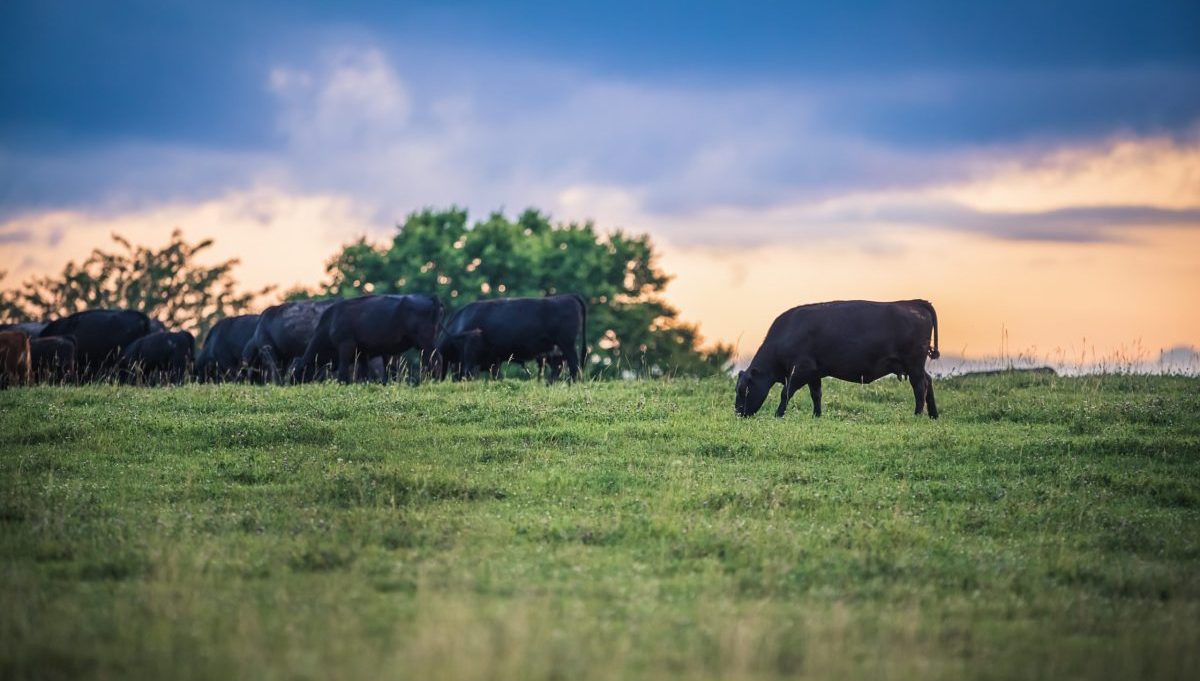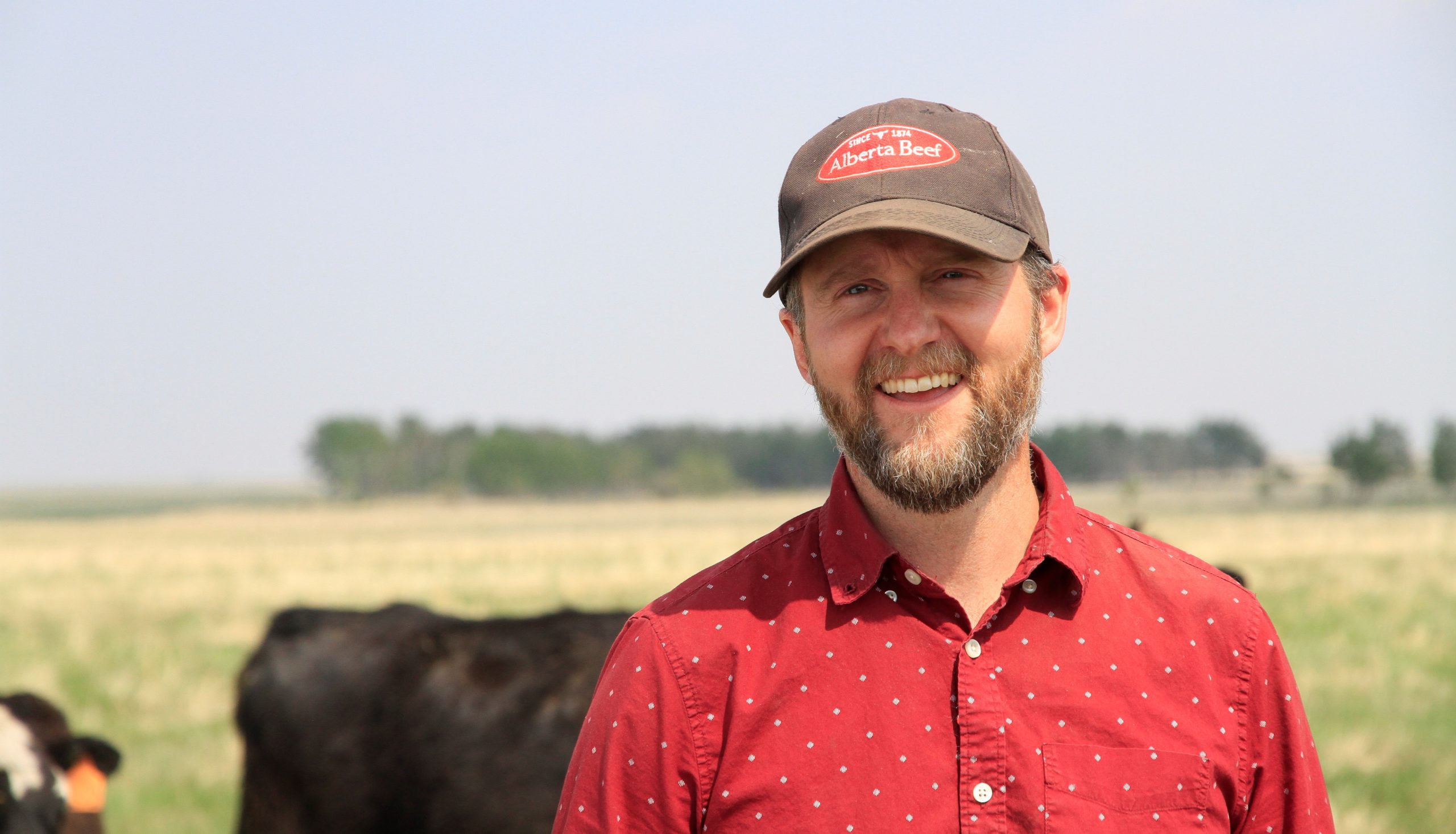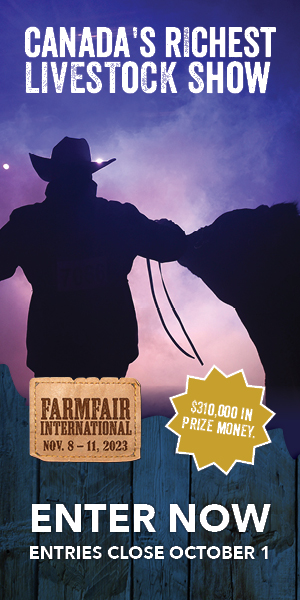AB Direct - Steers
Rail: ---
AB Direct - Heifers
Rail: ---
US Trade- Steers
Rail: 290.00 (IA)
US Trade - Heifers
Rail: 290.00 (IA)
Canadian Dollar
0.02

Livestock drought assistance expanding to new regions in Alberta
The 2023 Canada-Alberta Drought Livestock Assistance initiative is expanding eligibility to 23 new regions and extending the application deadline.
Livestock producers in eligible regions who altered their usual grazing practices due to drought conditions for more than 21 days this season can apply for financial support to cover losses incurred to manage and maintain female breeding animals such as cattle, bison, horses, elk, sheep, goats, alpacas, yak, musk ox, deer, water buffalo and llamas. A minimum of 15 animals per type of livestock are required to qualify.
“We are very pleased that Canada-Alberta Drought Livestock Assistance initiative is extending to areas that weren’t originally included in the eligibility requirements, and appreciate the federal and provincial governments working with the cattle industry on this,” says Brodie Haugan, Chair of Alberta Beef Producers (ABP). “Thank you for hearing and addressing our concerns.”
BRODIE HAUGAN, CHAIR OF ALBERTA BEEF PRODUCERS (ABP)
Funding for the new regions will open on January 29, 2024. Applicants in this intake may receive payments of up to $150 per head. The application deadline is February 22, and extraordinary costs can be incurred until March 31. This expansion also gives producers who were already eligible another opportunity to apply.
“This is an opportunity not only for eligible producers in the expanded areas, but also for those who may have missed the original deadline,” says Brad Dubeau, General Manager of ABP. “We encourage all impacted and claiming producers to sign up for AFSC Connect and apply as quickly as possible once the funding opens on January 29.”
BRAD DUBEAU, GENERAL MANAGER OF ABP
Applications
All applications that were submitted before January 15 are being processed by Agricultural Financial Services Corporation (AFSC). This includes applications that were outside the initial geographic boundaries, but are now represented in the updated boundaries. An AFSC team member will reach out if more information is required.
More Information
Livestock producers can get more information and apply by visiting AFSC’s website.
Funding for this joint AgriRecovery initiative is provided through the Sustainable Canadian Agricultural Partnership (SCAP).
Leave a Comment
Add abpdaily.com to your home screen
Tap the menu button next to the address bar or at the bottom of your browser.
Select ‘Install’ or ‘Add to Homescreen’ to stay connected.






I have been long opposed to the provisions for beef trade between the European Union and Canada under CETA.
Several reasons, the hormone barrier is simply a phytosanitary trade barrier – European tourists rave about the beef here and consume it in large amounts, EU regulators who visit Canada to inspect our processing facilities insist on eating North American beef while here. More importantly, North American consumers have been consuming beef produced with hormonal growth promotants for over forty years with no adverse health results.